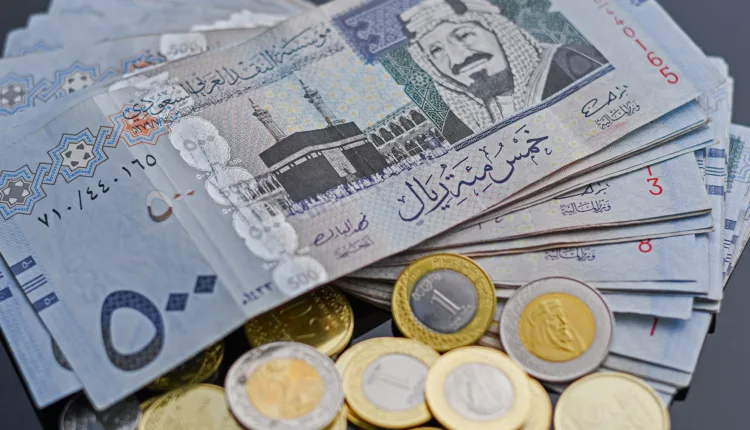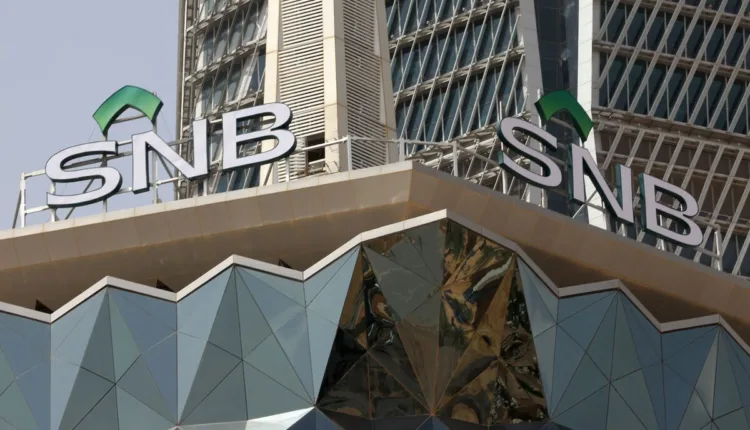Understanding the Saudi Riyal
Saudi Riyal
The Saudi riyal (SAR) is the official currency of the Kingdom of Saudi Arabia. Pegged to the US dollar for over 30 years, the riyal is a stable and highly valued currency in the region. This article will provide an overview of the riyal, its history, denominations, exchange rate, and role in the Saudi economy.
History of the Saudi Riyal
The Saudi riyal was introduced in 1925 under King Abdulaziz. It replaced the Gulf rupee and became the country’s legal tender. The Saudi Arabian Monetary Authority (SAMA) was established in 1952 as the central bank and sole regulatory authority for issuing banknotes and coins.
Prior to the oil boom in the 1970s, the riyal was linked to and exchanged with local currencies of neighboring countries. But after vast oil reserves were discovered, Saudi Arabia’s economy grew rapidly. In 1986 the riyal was officially pegged to the US dollar at a fixed rate of 1 USD = 3.75 SAR. This exchange rate remains unchanged until today.

Denominations and Coins
The riyal is divided into 100 halalas. However, halala coins are no longer commonly used.
Banknote denominations are 1, 5, 10, 20, 50, 100, 200 and 500 riyals. The 1 riyal note is now very rare. Coins come in 5, 10, 25, 50 and 100 halalas but are not in active circulation.
Exchange Rate and Convertibility
The Saudi riyal has been pegged at a steady exchange rate of 3.75 riyals to 1 US dollar since 1986. This exchange rate is rigidly maintained and monitored by SAMA with limited fluctuations.
While most currencies can be freely traded, the Saudi riyal is not traded on foreign exchange markets.
There are strict regulations on taking local currency in or out of the country. This helps Saudi Arabia control capital flows and maintain the riyal’s value against major currencies.

The Saudi Economy and the Riyal
The discovery of vast oil reserves has transformed Saudi Arabia’s economy since the 1970s. With the world’s second largest proven oil reserves, oil exports now account for 70% of total export earnings and over 50% of GDP.
Oil income has fueled massive public investment projects and provided economic stability. This has enabled the government to uphold the dollar peg and back the riyal’s value with substantial foreign reserves. The currency remains stable despite lower oil prices in recent years.
In summary, the Saudi riyal is a robust currency backed by oil wealth. The fixed dollar peg has endured for decades thanks to prudent monetary policy and abundant energy reserves. Understanding the riyal is key for conducting business and travel in Saudi Arabia.

Digital Currencies in Saudi Arabia
While the Saudi riyal remains the sole official currency, interest in digital currencies like Bitcoin is growing. The Saudi Arabian Monetary Authority (SAMA) has issued warnings against trading in digital currencies due to high volatility and financial risk. However, they are studying prospects for issuing a state-backed digital currency.
In 2019, SAMA joined a digital currency project launched by the United Arab Emirates central bank. The ‘Aber’ project aims to use blockchain technology to issue a digital currency accepted in multiple Gulf states. This demonstrates Saudi’s interest in exploring regulated digital currencies.

Prevalence of Bank Cards over Cash
While cash is still widely used, bank cards are increasingly the preferred payment method in Saudi cities. Debit and credit card payments accounted for over 80% of point-of-sale transactions in 2021.
Banks are encouraging electronic payments by educating citizens on card use and expanding POS terminals. As more customers shift to e-commerce, debit/credit card adoption is rising. Mobile wallet payment methods like Apple Pay and Mada Pay are also gaining popularity.
SAMA is promoting non-cash transactions under Saudi’s Vision 2030 reform agenda. Financial experts expect cash to be used mostly for small purchases while bank cards become ubiquitous, especially in cities. This is in line with global trends away from cash to digital payments.

